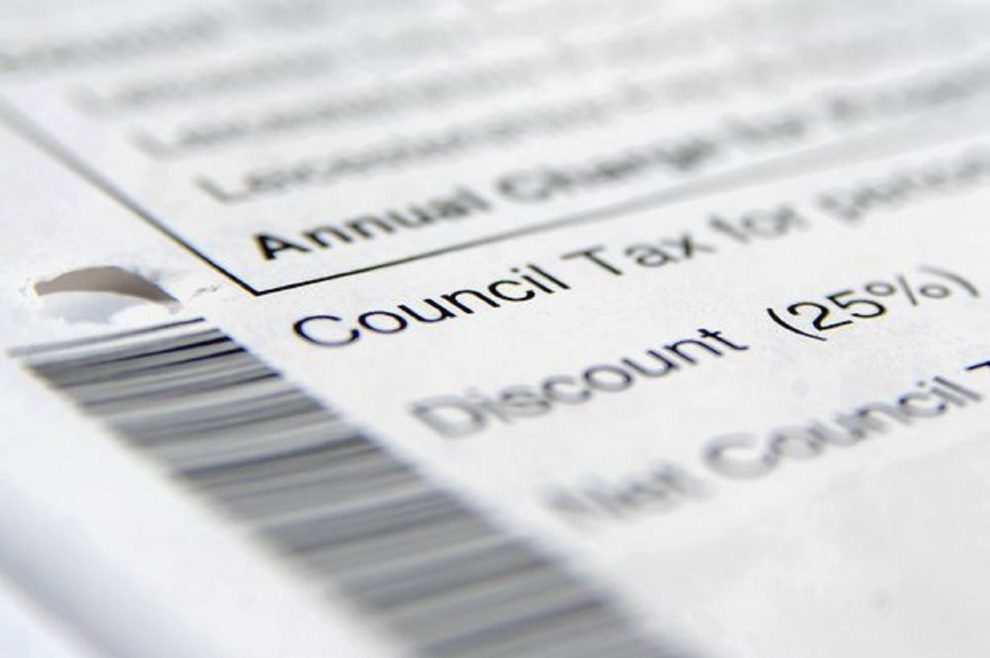A 4.99% COUNCIL tax is now being proposed for residents in Rhondda Cynon Taf next year.
On Wednesday, February 21, the council’s cabinet agreed to recommend the authority’s budget proposals for 2024/25 to full council, but instead of the originally proposed 4.9% council tax hike, it’s now proposing a 4.99% rise as it aims to address a £25m budget gap.
The leader, Councillor Andrew Morgan, proposed a change to the recommendations to add an extra 0.9% to protect public transport and this was approved by cabinet.
He also proposed an extra one-off fund of £500,000 for schools next year on top of the schools budget increase of £11.9m (6.4%.)
After absorbing non-pay inflationary costs, as all other council services needed to, schools would have to contribute to balancing the overall budget gap through a 1.3% cut (£3.4m), it was stated.
Schools would be allocated funding next year to cover their pay pressures and the council would provide a further £1m base budget toward non-pay costs.
The council said the Welsh Government had not provided additional funding for the costs of increased teacher pay awards for the current year but costs associated with teachers’ pensions were still expected to be covered by the UK Government.
In the provisional Welsh Government settlement, RCT received a 2.8% increase in funding with its general capital funding reduced by £58,000 to £13.82m.
The Welsh Government also said the social care workforce grant was set to reduce from £45m to £35m across Wales – a reduction of £815,000 for RCT.
With already agreed cuts totalling £10.7m, the budget gap is around £25.9m.
Extra funding of £1.95m is expected in the final settlement from Welsh Government and this has been factored in to the budget now.
Here’s how the council is proposing to make savings:
Reduction in energy spend
The council is proposing to cut its energy spending by £4.47m. The current year increases for RCT’s energy costs were around 283% for gas and 147% for electricity.
At the time the council set the budget, forecasts were projecting lower costs for 2024-25, and an energy reserve of £5m was set up to fund any extra costs in 2023-24.
The spike in cost for the current year did happen, so the council said it was able to reduce its budget for next year. It also said the development of a proposed council-owned solar farm was progressing with completion anticipated during the 2024-25 financial year.
Childcare charge proposal
Council plans to charge £1 a day for childcare which is provided alongside free breakfast clubs would reduce the council’s budget by £495,000 in a full year and this would be ring-fenced to be reinvested into the schools budget.
The charge would be £40 a term for those who used it three days a week and £60 for those who used it five days a week.
Fees and charges
The council’s proposed fees and charges for 2024-25 would see a standard 5% increase, with some areas having individual proposals, and this would generate an extra £452,000.
Funding through capital rather than revenue spend
The council is proposing to fund some things which are currently paid for through revenue, via capital spending instead. These include IT software licence costs and vehicle purchases, which would result in a £500,000 revenue budget reduction.
Updates to the budget
The council said it would be able to cut spending by £1.33m as a result of some budget updates. These included graduates and apprentices being funded by service areas as part of workforce planning, income generated from the staff benefits scheme, updated contribution levels to joint arrangements, updates to the council’s internal audit service, and up-to-date case load and demand pressures for the council tax reduction scheme.
Efficiency cuts
The proposals said officers had found £5.2m worth of efficiencies for next year, which included £2.1m in cost reductions or additional income, £1.08m in service restructuring and vacancy management, £905,000 in operational service changes, and £1.15m in the recharge of costs and use of external funding. The council said these measures could be delivered operationally and without a significant detrimental impact on front line services.
The operational service changes would involve reducing after-school provision from two evenings per week to one for the youth engagement and participation service, remodelling home and group tuition, children’s services changes, care package reviews in adult services, and the withdrawal of dedicated mayoral support.
Use of reserves
These proposals, along with the extra £1.95m set to come in the final settlement, would reduce the budget gap to £7.003m, which would be met through the use of the council’s transitional funding reserves.
The council said this reserve stood at £9.52m and it was proposed to use £7.003m of this to close the remaining budget gap, leaving £2.52m in this pot.
The council’s overall budget for next year would be worth £630.8m if approved.
The support of cabinet
Councillor Andrew Morgan said it was one of the most challenging budget gaps they’d faced in his time but that these proposals were the best they could possibly expect.
He also compared the proposed council tax increase to other councils in Wales which were looking at rises of 7%, 8%, 10% or even 16%.
He said nobody welcomed council tax rises, but it was about a balance between reducing services and generating additional income.
He said it was difficult to get the balance right but that keeping it below 5% would make RCT’s rise one of the lowest in Wales.
Councillor Maureen Webber, deputy leader of the council, said it was down to the sound financial management of the council that they were able to look at one of the lowest increases in council tax in Wales.
She said a lot of communities realised what dire positions all councils were facing and that they’d been approached by community councils over joint working which would be beneficial going forward.
Councillor Mark Norris said it was good that they could come forward with a top-up on the 6.4% uplift for schools and Councillor Rhys Lewis said the council had sought to protect schools over the last 10 years.
He said the amendment would go a long way to help support schools further and fund increasing pay costs where there was no extra funding from Welsh Government.
He said this showed that schools were a top priority for the council. The budget proposals will now go before full council on March 6 for final approval.


















